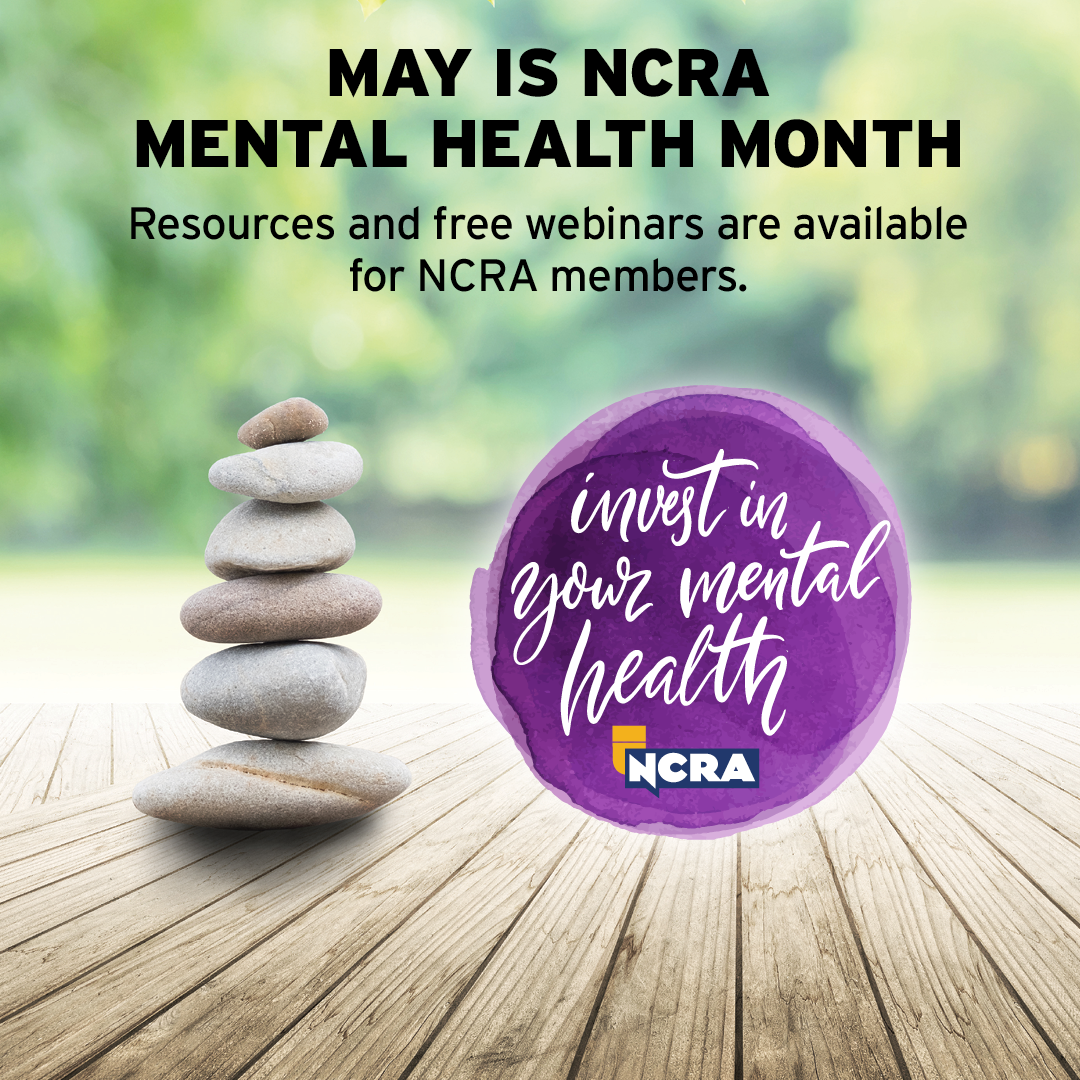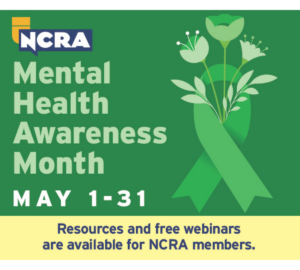By Jennifer Wielage
The short answer is therapy helps people who are exhibiting overwhelming emotions or destructive behavior go from a state of nonfunction (or dysfunction) to being able to function more optimally in their lives. Therapists help people with a range of issues, e.g., unhelpful repeated patterns, depression, anxiety, addiction, and grief.
As a life coach, if a client comes to me and is really deep into compulsion, addiction, or is nonfunctioning, obsessive-compulsive, or depressed, I will recommend that they seek out a therapist. Please do not be ashamed if you are in this group. Getting help is the right response to your situation, and your mental health is important to create the right foundation for your daily life.
Life coaches, on the other hand, work with people who desire to uplevel their already functioning lives. They help their clients set and meet goals. While life coaches often focus on emotions, they tend to be focused on the present and future and do not delve too deeply into the past.
Most of us have past hurts, and our past may influence our present. However, I have learned (from working with my life coach) that I am not at the mercy of my past. I have come to see that I am in control of how much I let my past affect my present and my future.
As court reporters, we may experience stress, feel overwhelmed, and even burn out both on the job and in our everyday lives. Since I am certified as both a realtime court reporter and life coach, I want to share some amazing tools so that you can not only survive, but abundantly thrive in your career as a court reporter.
Here are my top five tools to help you feel better as a court reporter and in your everyday life:
TOOL NO. 1: Understand that your thoughts are optional.
Did you know that humans have approximately 30,000-60,000 thoughts a day? Before I became a life coach, I never thought about my thoughts. I didn’t know that I could think on purpose, with intention. I believed all of my thoughts (especially the negative ones) were all true. Coaching has helped me to understand that I have agency over my thoughts and that I get to decide which thoughts serve me and which ones I no longer wish to entertain!
Developing the skill of mastering one’s mind doesn’t mean that the thoughts cease to come up from time to time. It just means that we are in control of and not at the mercy of our thoughts.
The bottom line is we are not our thoughts; we are the observers of our thoughts. This may sound metaphysical. However, this understanding has transformed my life and the lives of my court reporting clients.
As an example, at one time in my life I believed that I was unorganized. I labeled myself as a “hot mess” when it came to my freelance business as a reporter. Because I thought “I am a mess” so often, it became a deep-seated belief.
My brain constantly looked for evidence to prove this belief true. Because of this belief, I felt discouraged. When I felt discouraged, I did not take the steps to organize my workspace. As a result, I became more unorganized, and I proved my thought true: I became a hot mess!
Through working with my life coach, I began to see “I am a mess” wasn’t a fact. It was just an optional thought. My coach helped me to see that I could choose to believe something new.
I spent time questioning this belief. Would everyone agree that I was a mess? No. Most people would say that I was well-organized and not a mess at all. Why was I choosing this thought?
She took me through an exercise to help me gather evidence that I am pretty organized. Although I didn’t rapidly go from “I’m a mess” to “I’m super organized” — a thought my brain wouldn’t believe yet — we started with a bridge thought to practice with the statement “I am working on my organization.” Guess what? I still have the thought “I am a mess” come up from time to time, but now I don’t pay any attention to it. Rather, I am simply aware that this is a default thought that doesn’t serve me. Instead, I remember my bridge thought and I move forward. The knowledge that our thoughts are optional is life-changing!
Here is the process you can follow:
1. Observe your thoughts.
2. Observe how you feel when you believe a particular thought.
3. Ask yourself: “Is this thought really true?” and “Does it serve me to think/believe this?”
4. Decide if you want to keep thinking the thought or not.
5. If not, replace it with a positive or more neutral thought.
To see the rest of Jennifer’s tips and to view the full text of this article, NCRA members can use their membership credentials to log into the May 2023 issue of the online JCR Magazine.
Learn more about how NCRA and NCRF are supporting members during National Mental Health Awareness Month with free webinars and a web page full of helpful resources.
Jennifer Wielage, RPR, CRR, CCR, of Edison, N.J., is also a Certified Life Balance Coach. Contact her at realjenn1@aol.com.





